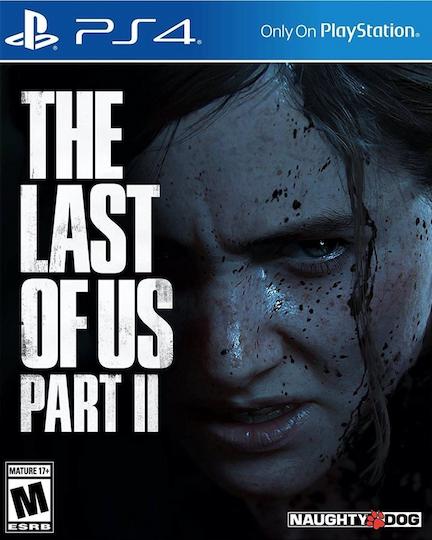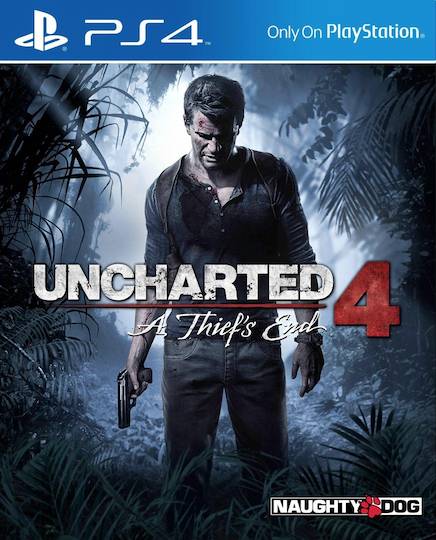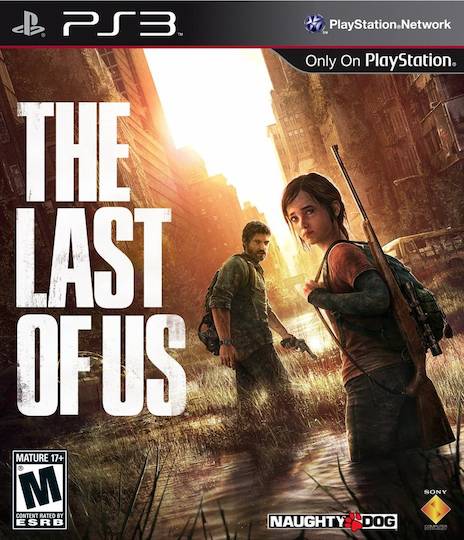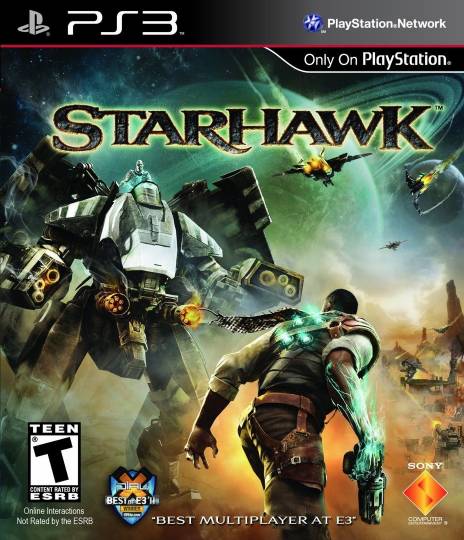
A few weeks ago game director Bruce Straley announced that, after 18 years, he was going to be leaving Naughty Dog. He will be dearly missed.
In the last few years before his departure, I was fortunate to have had the opportunity to work with Bruce on The Last of Us and Uncharted 4. Working under his creative direction made me grow tremendously as a game developer. His way of thinking and his design values are visible across the entire team, to the point where it’s impossible to distinguish Bruce’s process from Naughty Dog’s process as a studio. He wasn’t just a director; he was a true leader.
I’d like to share four important lessons that I learned from working with Bruce Straley.
Get Someone Else to Play It
It’s common wisdom that tools play an outsized role in game development. Developers who are comfortable with their technology can prototype their ideas faster, throwing away what doesn’t work and iterating on what does. With any luck, you won’t need to make compromises around a bad decision later in development.
However, there’s a corollary to this that’s seldom discussed. When developing a new feature, it’s very tempting to iterate on it in isolation. You develop a sense of ownership about what you make, so you balk at the idea of presenting it to others too early. You can see the obvious flaws in your unfinished feature, and you think you’ll get better feedback if you fix those first.
To counteract this impulse, Bruce always encouraged us to call over a random coworker and put a controller in their hands as early and as often as possible. Getting someone else to playtest your work will immediately reveal the most crucial problems with it. It’ll allow you to pivot much faster, and avoid wasting time polishing a prototype that requires a fundamental revision.
Furthermore, they may have ideas that you hadn’t even considered, which segues nicely into…
Everyone’s Feedback is Valuable
Game development is specialized work, and it’s very easy for the various disciplines to become siloed. This can also make it difficult to give feedback across departments. An audio technician might feel reluctant to tell an environment artist that they can’t spot the enemy NPCs in their lush environments. One fears a territorial reaction; “you don’t understand my work and are unqualified to judge it.” Better to keep it to yourself rather than step on someone else’s toes.
As a director, Bruce maintained a holistic view of making games, and encouraged everyone on the team to reach out with their feedback regardless of department. Everyone working at a game studio has a love for games and a great deal of experience playing them. If they have an issue with how a particular feature works, then there are likely hundreds of players who will share the same concern after launch.
Don’t let your studio foster a parochial attitude; encourage every department to share their concerns across disciplines. Identifying problems is often more valuable than finding solutions.
Own The Game You’re Making
Disciplinary parochialism has another side effect: developers often cultivate a blindness for issues that they aren’t responsible for. An animator who is focused on fixing a bad animation blend may observe that a level’s lighting is broken, but mentally file that away as “someone else’s problem.” Nobody feels like they own the game as a whole, only the small aspect that they’re directly working on.
In my early days at Naughty Dog, I recall demoing some prototype feature to Bruce. I didn’t get much feedback on my work, because he immediately noticed that a variety of other issues were popping up. I had of course noticed those issues during my work, but the “not my problem” filter had caused me to completely disregard them. He tasked me to track down those issues before my work could be properly evaluated.
Bruce taught me to not be blind to brokenness. I should feel a sense of ownership for the entire game, even the parts that I’m not directly contributing to. Even if an issue is neither my fault nor my responsibility, I can make the development process better by tracking it down.
Talk Face to Face
The modern workplace features a cornucopia of digital collaboration tools. On many teams, the vast majority of communication takes place in emails, IMs, or some proprietary all-in-one project tracking software. These tools are indispensable, but also fundamentally flawed. Like all written communication, they lack the nuances of speech: posture, tone of voice, hand gestures. Emails also suffer from low-bandwidth and a low signal-to-noise ratio; often a two minute conversation will convey more information than a fifteen email thread.
As a director, Bruce believed that any substantial communication should happen face to face. In my first few months at Naughty Dog, I recall being (gently) reprimanded for sending a hundred word email response to someone on an issue I felt strongly about. That issue was “too big for email”; Bruce instructed me to get out of my chair, walk over to their desk and figure it out together.
Scheduled meetings are a rarity at Naughty Dog, but these sorts of informal desk-chats happen all the time. If a thorny multi-disciplinary issue needs resolving, it’s not uncommon to see a cabal with a representative from every department hovering around a single monitor.
As an introvert and a newcomer to an established studio, this way of working took me a long time to get used to. Fortunately, it helped push me out of my comfort zone and familiarize myself with the other departments. I now firmly believe that talking face-to-face is one of the “secret sauce” ingredients responsible for Naughty Dog’s tremendous success.

Bruce, I told you this in person but I’ll say it again here: thank you for everything you taught me about making games. It’s up to the whole team now to keep the lessons you imparted alive at Naughty Dog. I hope we’ll make you proud with what we’re making next.





October 3rd, 2017 at 1:45 pm
Preach!
October 3rd, 2017 at 4:15 pm
True on all accounts!
Lesson 5:
Beard Care and Facial-Hair Husbandry